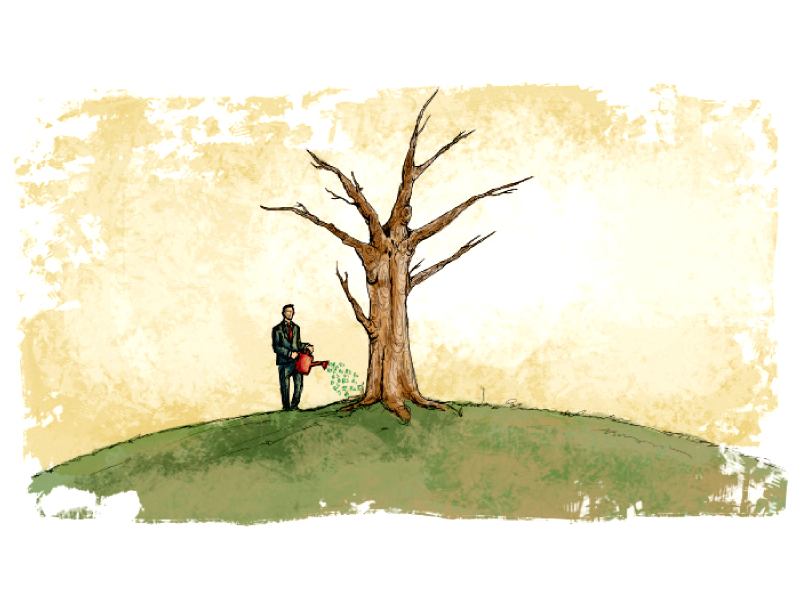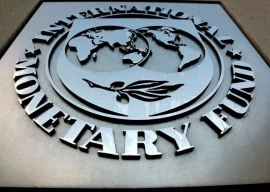
ISLAMABAD: Since independence, Pakistan has been struggling to cope with political and macroeconomic instability and has been relying on foreign aid and other capital inflows. But because of inconsistent macroeconomic policies, millions of people have been thrown into the ranks of the poor and the country has not been able to help them.
According to the latest World Bank report entitled World Development Indicators 2013, 60% of Pakistan’s population is living below the poverty line, of which 21% households are found to be extremely poor which live on less than $1.25 per day.
Pakistan is one of the biggest victims of terrorism after the 9/11 incidents. With a loss of 50,000 lives and about $100 billion in economic terms, Pakistan is the only country which has suffered that much. Furthermore, food insecurity, acute energy shortages, devastating floods and growing extremism are adding fuel to the fire.
Foreign aid accounts for a larger share in foreign capital flows into Pakistan, which are supposed to accelerate growth and development in the country. However, in the presence of poorly crafted policies, foreign assistance has no significant effect on economic growth and development.
Though foreign aid and capital inflows leave some positive effect on the gross domestic product (GDP), economic growth increases at a slow pace. On the other hand, foreign capital flows have a negative impact on the economy as well.
Studies show that the amount of external debt increases with a rise in foreign capital inflows, which is largely the result of macroeconomic mismanagement, mis-utilisation of assistance and inappropriate policies.
A study of the trend in the past few decades suggests that foreign aid increased during the period 1980 to 2002, but the country was caught in a debt trap. The rise in external debt was mainly due to shift in the composition of foreign aid from grants to hard loans. External debt has also risen exponentially from 2002 to date.
Besides, there is no significant improvement on the social front. This is because a major share of foreign assistance goes to repayment of loans and debt servicing and very little is spent on education, infrastructure, healthcare, population welfare and other social spheres.
Now, Pakistan must opt for a new mantra “No more aid but trade”. A question arises whether Pakistan is capable of steering itself out of the economic mess and the vicious circle of poverty when trade goes up?
It is a proven fact that trade brings down poverty level all over the world. Many studies indicate that opening up of trade has a positive and significant impact on poverty reduction. So the world is becoming more integrated and goods and services are crossing borders in line with globalisation and regionalisation processes.
Additionally, free trade agreements among regional economies like the European Union (EU) bloc have caused an increase in people’s welfare and decrease in poverty in the region. This negates the commonly held perception that developing countries and under-developed states need foreign aid to combat economic woes and achieve growth and development.The writer is a public policy analyst and consultant at the Sustainable Development Policy Institute, Islamabad
Published in The Express Tribune, September 9th, 2013.
Like Business on Facebook, follow @TribuneBiz on Twitter to stay informed and join in the conversation.
COMMENTS (2)
Comments are moderated and generally will be posted if they are on-topic and not abusive.
For more information, please see our Comments FAQ















































Great article....Hats off to Raja Taimur Hassan